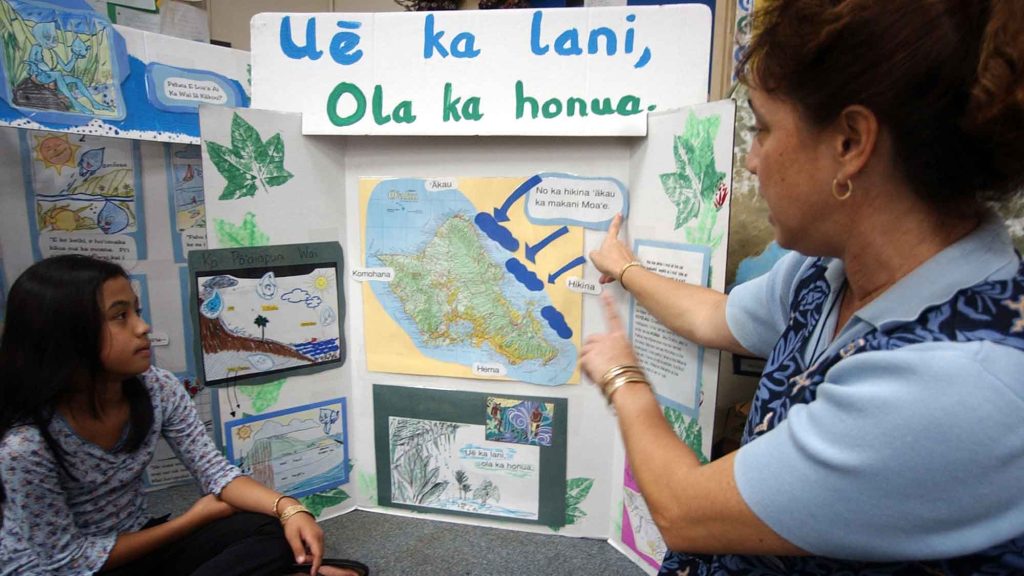Language and Identity
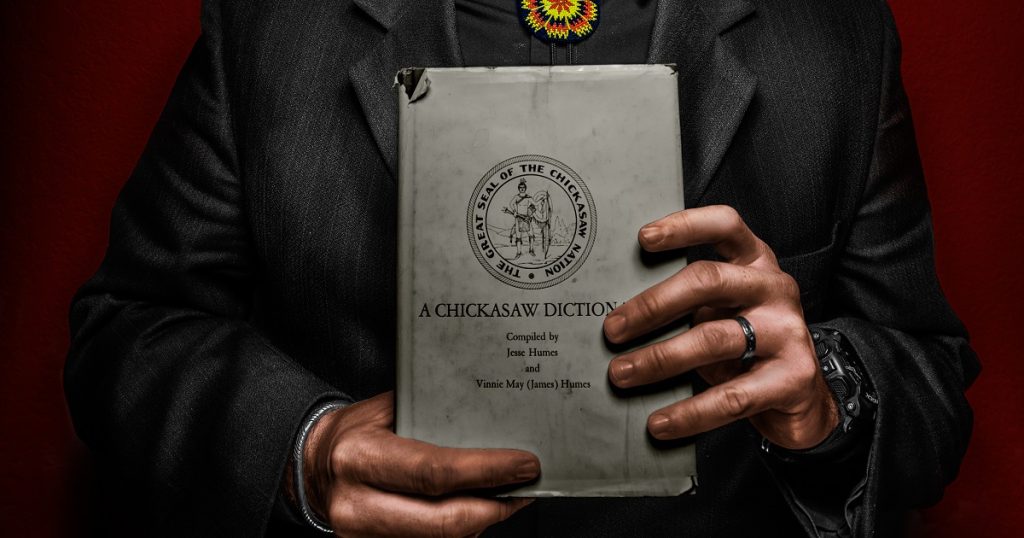
Language shapes the way we think about, understand, and communicate who we are individually and as members of the many intersecting groups that define us. This unit will allow students to consider how identity is demarcated and sustained by language and ways of speaking both among members of the same group and between different populations.

Combatting Stereotypes About Appalachian Dialects
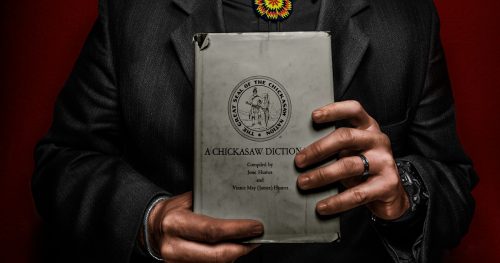
Can an iPhone App Help Save an Endangered Language?

Want to Make Academic Writing More Readable? Ask a High School Student.

Caring Across Distance—One Call at a Time

Huh? The Valuable Role of Interjections

The Hopes and Hazards for AI in Reconstructing Ancient Worlds

Broken Sonnets for the Anthropocene

Connecting Local Communities to Paleoanthropology in Kenya

How Women Shaped Human Evolution Through Food Processing

Snapshots of Losing Jenna

What Vietnam’s Scarred Lands Reveal About Modern Warfare

Uncovering an Archaeology of U.S. Empire in Panama

Earworm

Reclaiming Collective Life in a Fractured U.S.

How Heavy Metal Fuels Indigenous Revival in Patagonia

Tallahassee Ghazal

Emic/Etic

Five Reasons Why Trump Won Again
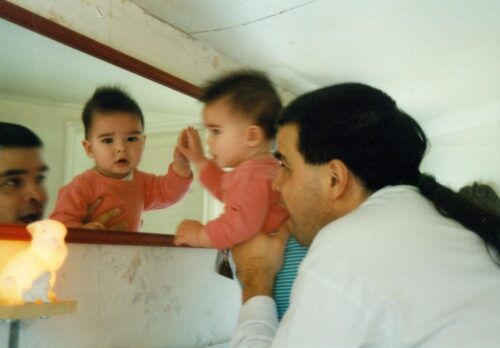
Finding Our Way Forward—by Remembering

Griko’s Poetic Whisper

Want to Make Academic Writing More Readable? Ask a High School Student.

Shading U.S. Empire in Puerto Rico’s Ballroom Scene

Huh? The Valuable Role of Interjections

Passing Notes
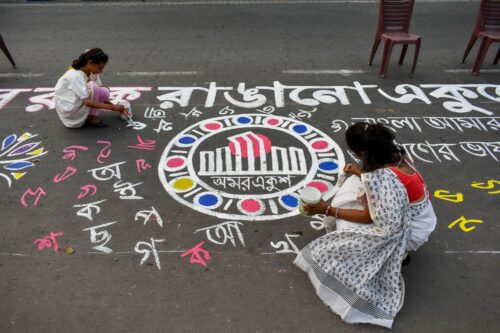
Tackling the Impossibility—and Necessity—of Counting the World’s Languages
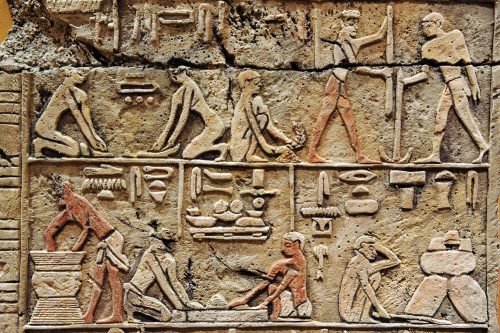
Do You Want to Write for SAPIENS?

Passing Notes
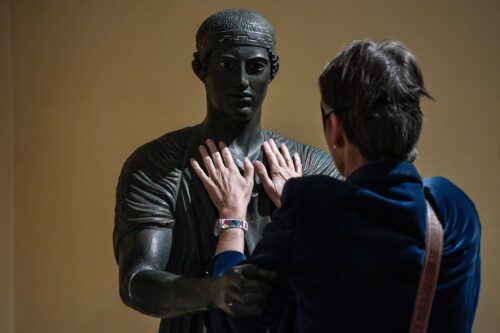
Can Embracing Copies Help With Museum Restitution Cases?

Griko’s Poetic Whisper

The International Order Is Failing to Protect Palestinian Cultural Heritage

The Hidden Ancestry Extracted From an Ancient Pendant
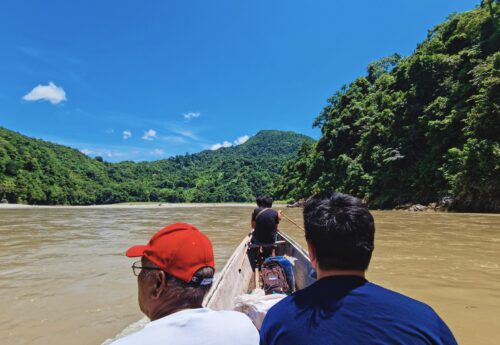
Writing Indigenous Oral Tradition to Fight a Dam
- Linguistic anthropology studies the role of language in creating, sustaining, and changing cultures and societies.
- Linguistic anthropological work allows for a deeper understanding of how language provides a framework for making sense of who we are in relation to others and how collective identities are formed and defined in part by the languages people speak and the way they speak them.
-
Bailey, Benjamin. 2008. “The Language of Multiple Identities Among Dominican Americans.” Journal of Linguistic Anthropology 10 (2): 190–223.
-
Benor, Sarah Bunin. 2011. “Mensch, Bentsh, and Balagan: Variation in the American Jewish Linguistic Repertoire.” Language and Communication 31 (2): 141–154.
- What do the four articles tell us about why language is an important keystone of identity? How do the four examples differ from one another?
- What kinds of power dynamics are in play where language and identity are concerned?
- How do people who belong to the same overarching group show that they are different from others through their use of language?
- What role does technology play in keeping languages alive today? What are some potential pros and cons of using apps to keep languages alive?
- Ask the students to write a one-page essay on how their everyday language both reflects and shapes their identities.
-
Article: The Conversation’s “How the Loss of Native American Languages Affects Our Understanding of the Natural World”
-
TED Talk: Sheikha Al Mayassa’s “Globalizing the Local, Localizing the Global”
Eshe Lewis (2020)
Language and Diversity
